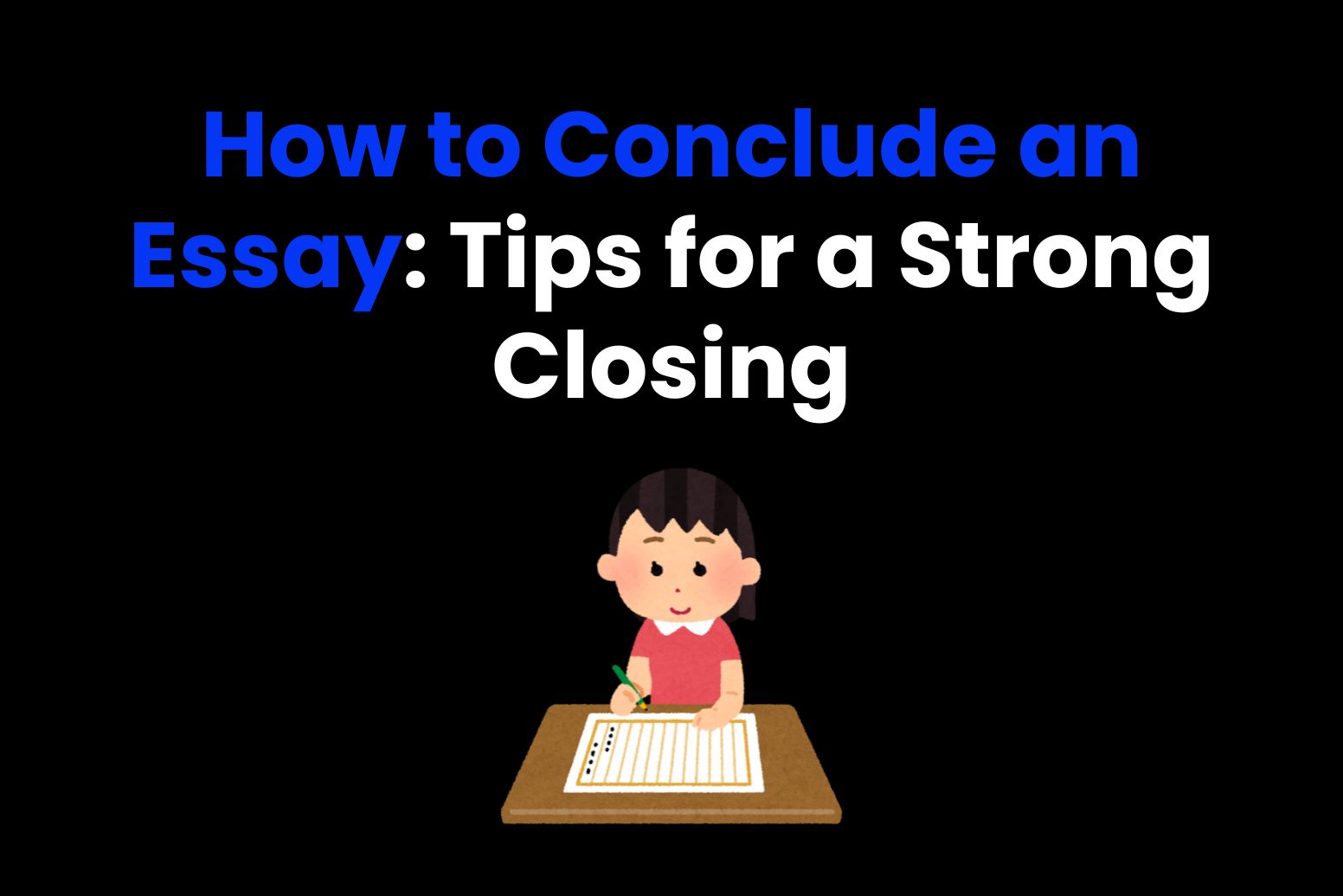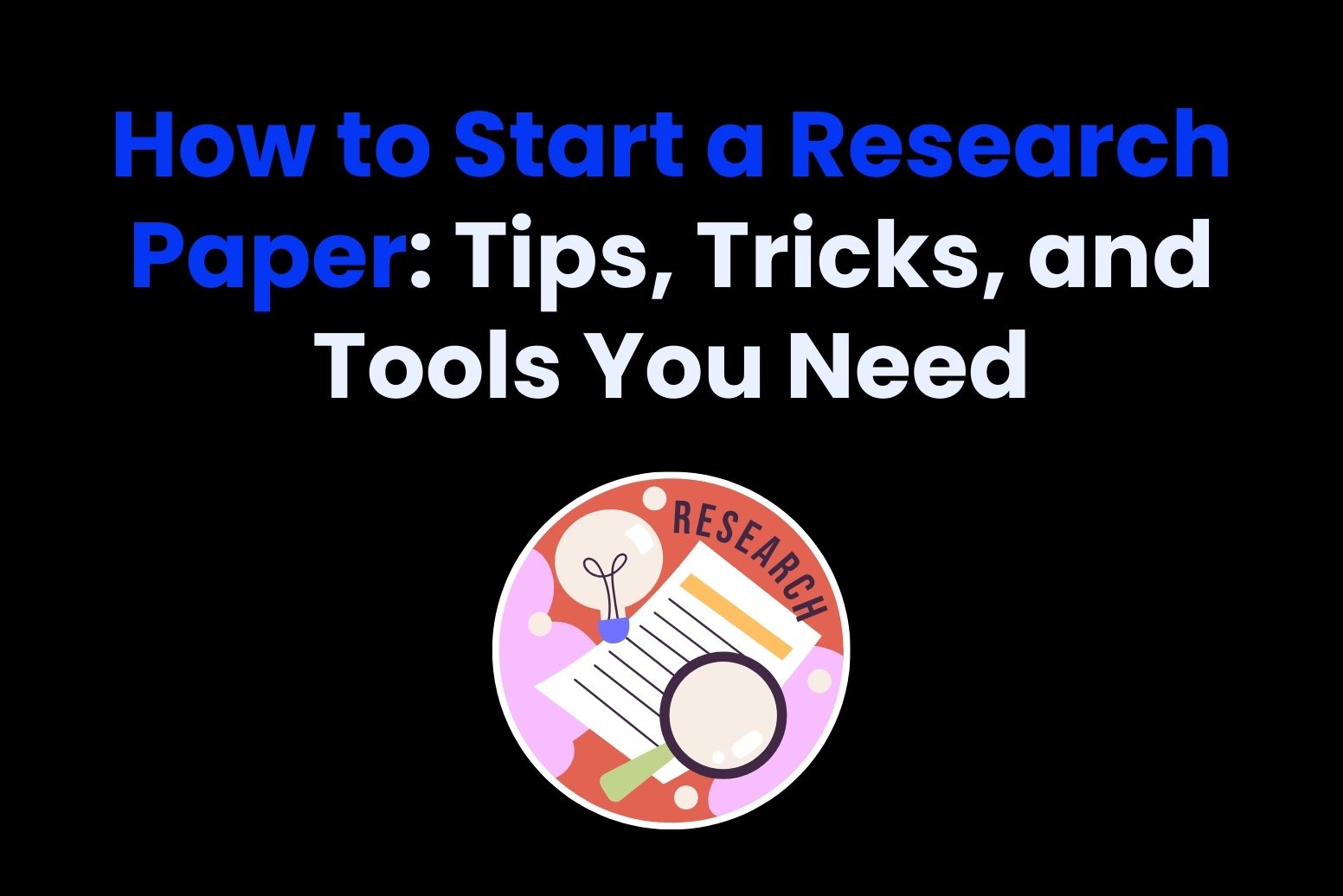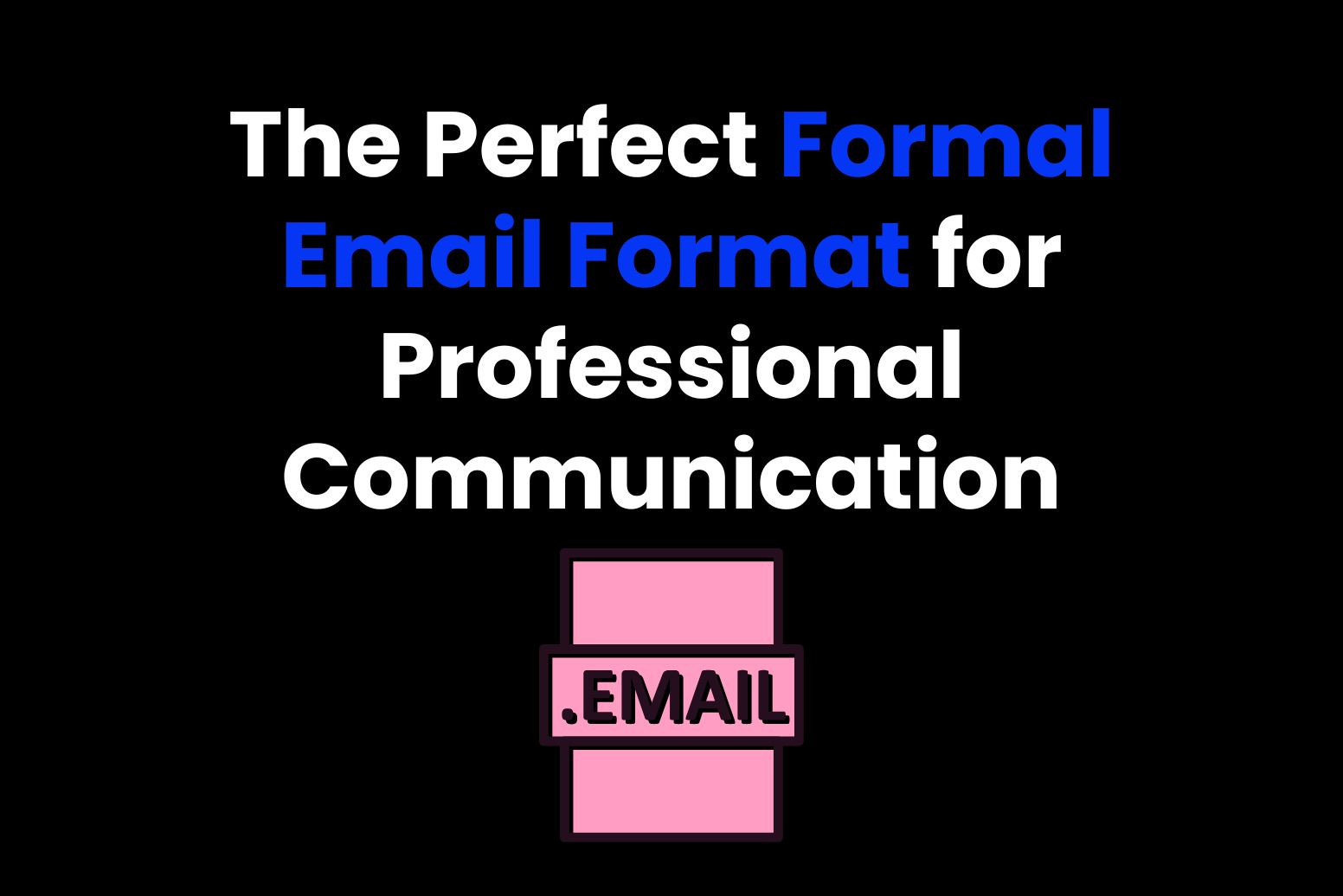Finishing an essay might be easy but the conclusion is not that much. Think of it as your big moment to leave a strong impression. Knowing how to conclude an essay it’s not just about writing a random paragraph at the end. Instead, it’s where you wrap up everything you’ve said.
And to put it simply, the conclusion ties everything together. Think of it like putting a bow on a present that connects all your main points.
So, even if you’re trying to convince them or share a story, your conclusion is everything
In this guide, we’ll show you exactly why a strong conclusion matters. We’ll also share some easy tips, walk you through what to include, and point out mistakes to avoid. Let’s get started!
What is a conclusion? (And why it’s essential for your essay)
The conclusion is the last part of your essay, paper or any research. For instance, is where you wrap things up and leave the reader with a good final impression. In essence, it’s where you remind them of your main idea and key points in a simple way. Indeed, it’s like tying everything together so nothing’s left hanging.
However, a good conclusion is more than just repeating what you’ve said before. For instance, you can show why your topic matters and connect your points to the bigger picture.
So, a strong conclusion makes the reader go, “Yeah, that makes sense!” It brings everything together and leaves your essay feeling complete. Whether you’re writing an essay for school, trying to convince someone, or just telling a story, the conclusion is what makes your ideas stick with the reader.
The value of knowing how to conclude an essay effectively
Knowing how to wrap up an essay the right way is super important if you want to leave a strong impression. That’s why the conclusion besides being the last of your text, it’s the grand finale. Since it drives home your points, and sticks with your reader. Plus, it’s your chance to make everything come full circle.
So, here’s why a solid conclusion is a total game-changer:
- It brings the essay to a satisfying close: After presenting ideas and building arguments in the body, the conclusion serves as the final touchpoint where everything is neatly wrapped up. It ensures that readers feel the essay has reached its logical end and no loose threads remain.
- Also, it consolidates the main ideas: Actually, the conclusion is your chance to restate the key arguments and themes seen throughout the essay. By summarizing these points, you reinforce their importance and ensure the reader retains the most critical takeaways.
- The conclusion connects arguments to the thesis: This is where you highlight how the essay’s arguments and evidence align with and support your central claim. Doing so strengthens the overall coherence and persuasiveness of your work, showing a well-constructed flow of ideas.
- It provides space for final reflections: Depending on the essay type, the conclusion can offer a moment for personal insight, emphasize the topic’s broader significance, or encourage readers to think deeper. This reflective aspect adds a layer of meaning that resonates long after the essay is finished.
Adding these key elements to your writing really makes your conclusion stand out. Since it not only improves your essay but also makes a stronger impact. For instance, no matter if you’re writing a research paper, a persuasive essay, or a creative piece.
Remember that mastering this skill will make sure your essays leave a lasting impression.
What are the key elements to conclude an essay successfully?
When you want to write a conclusion, it’s crucial to focus on several key elements that will make sure your remarks leave a strong impression.
Here are the essential aspects to consider for a successful essay conclusion:
1. Recap the main points
A successful conclusion begins with a review of the main arguments and ideas you’ve discussed throughout your essay.
This isn’t about repeating everything word-for-word but rather summarizing the most significant points in a fresh way.
Think of it like revisiting the highlights of a great story without overloading your reader with unnecessary details. For instance, if you’ve written about a complex topic, your conclusion should succinctly highlight the critical moments that solidify your argument.
2. Reflect on the topic
After summarizing the key ideas, it’s important to reflect on the topic itself. Don’t just revisit the results of your argument—take a step further and examine the implications of your findings.
For example, if your essay focused on environmental conservation strategies, your conclusion might consider how these strategies could shape the future of the planet or influence societal behaviors. This reflective approach not only deepens the reader’s understanding of the topic but also adds weight to your argument.
3. Offer a final perspective
The conclusion is your chance to leave readers with something they can’t stop thinking about. It’s the moment to show your main idea in a fresh way and get people thinking even more. For example, if you’ve been talking about how tech is changing education, your conclusion could mention how future tech might totally flip the script on teaching and learning.
Basically, you want to drop a thought that gets them wondering and leaves the door wide open for more ideas.
4. Close with purpose
To wrap things up, make sure your essay ends with a clear point. Now, this isn’t just about repeating your thesis—it’s about giving your reader something to walk away with.
Whether you’re talking about social issues, science, or art, your conclusion should give your argument a little extra oomph and make people stop and think. So, when you zoom out and look at the bigger picture, your conclusion doesn’t just tie things up—it gets your reader thinking even more.
Essential tips to conclude an essay
A strong conclusion can leave a lasting impression on your readers. To achieve this, follow these key tips.
1. Reflect on your purpose
Right before you being coming up with your conclusion, take a moment to revisit the main objectives of your essay. Remember to ask yourself if you’ve communicated your ideas effectively. This reflection ensures that your conclusion aligns with the overall message and purpose of your writing.
2. Keep it clear and concise
A conclusion should be brief but impactful. Avoid unnecessary elaboration or going off-topic. Focus on summarizing your main points in a clear and straightforward manner to keep your readers engaged until the very end.
3. Use strong, memorable phrases
To make your conclusion stand out, incorporate memorable phrases or expressions that resonate with your audience. Consider using analogies or metaphors that tie your argument to something familiar, offering a new perspective on your topic.
4. Engage with questions
Rhetorical sentences and questions are a great way to get your readers thinking. Basically, you can use them to challenge your audience and get them thinking about the bigger picture.
Who knows, a good question might even stick with them after they’re done reading. Bottom line, it’s a simple way to make an impact.
5. Provide insightful recommendations
If your essay allows, offering recommendations or solutions is a great way to conclude. This shows that you’ve considered practical applications of your ideas and provides value to your readers, especially if they are looking for ways to apply the knowledge you’ve shared.
Common mistakes to avoid when concluding an essay
Your conclusion is your final shot to make a lasting impression, so don’t lose the chance.
But let’s face it, it’s easy to mess up… Then how do you avoid those common errors? Let’s see!
Introducing new information
First things first, your conclusion is not the time to drop any new ideas or arguments. Seriously, that’s just going to throw your reader off and mess with the flow. Stick to what you’ve already said, and keep it tight.
Just repeating the main points
Yeah, you should summarize your key points, but don’t just repeat them word-for-word like a broken record. Nobody wants that. Instead, mix it up by rephrasing things so it feels fresh and leaves a bigger impact.
Straying from your thesis
Also, try to keep the information on point and make sure your conclusion ties back to your thesis. This is because you don’t want to go off on a tangent. So, stay focused on your main argument and wrap things up by driving that point home.
Effective phrases to conclude an essay with example conclusions
A strong conclusion is key to leaving a lasting impression on your reader. After all, you want to wrap things up in a way that feels solid, but without just repeating yourself.
That being said, here are some powerful phrases and examples to help you end your essay on a high note:
1. In conclusion
This is a simple and clear way to signal that you’re summarizing your essay.
Example:
“In conclusion, the evidence presented throughout this paper emphasizes the growing need for policy changes in the education sector to ensure equal access for all students”.
2. To summarize
When writing this phrase what you want is to briefly recap the main points of your essay.
Example:
“To summarize, technology can boost the economy, but we need to make sure it helps everyone”.
3. In short
When writing this one, you want to give a concise way to end your essay. Also, it’s perfect for a direct summary.
Example:
“In short, the importance of mental health support in schools cannot be underestimated, as it directly influences students’ performance”.
4. As a result
Use this phrase to highlight the outcomes or consequences of your findings.
Example:
“As a result, implementing stricter environmental regulations will lead to cleaner air and a healthier population”.
5. Therefore
A logical phrase that connects your argument with the conclusion, showing cause and effect.
Example:
“Therefore, the implementation of renewable energy sources is not only necessary for reducing carbon emissions but also for ensuring long-term energy security”.
6. All things considered
This is a thoughtful way to introduce a balanced conclusion that considers all aspects of the argument.
Example:
“All things considered, while technology has revolutionized communication, we must also address the challenges it poses to privacy and mental health”.
7. To conclude
A simple, clear phrase to indicate that you are wrapping up your thoughts.
Example:
“To conclude, our analysis of the data indicates that the correlation between physical activity and improved mental health is undeniable, urging further investment in public health initiatives”.
8. As we have seen
This phrase helps recap the main points you’ve discussed in the essay.
Example:
“As we have seen, the global shift towards online learning presents both opportunities and challenges, and a balanced approach is needed to maximize its potential”.
Unsure how to conclude your essay? Try Arvin AI for help!
Knowing how to conclude an essay or finding the right phrase can sometimes be tricky. However, with the help of Arvin AI, it becomes much easier.
This GPT-4 powered Chrome extension can generate text for you, strengthen your arguments, translate content, and even create images to enhance your essay’s visual appeal.
With Arvin AI by your side, crafting the perfect conclusion and polishing your entire essay becomes easier than ever!
FAQs
What is the best way to conclude an essay?
Honestly, the optimal way to wrap up an essay is to reword your main idea. Then quickly go over your key points, and finally end with something that ties it all together.
But remember, don’t throw in new ideas or arguments. Instead, keep it simple and stick to what you’ve already said.
How do I conclude an essay without repeating myself?
To conclude an essay without repeating yourself, focus on synthesizing your key points instead of simply summarizing them. Restate the thesis in different words and connect the main arguments to emphasize their significance.
Can I use a question to conclude an essay?
You can end an essay with a question, but it’s not super common. Even so, if you want to try it, make sure it fits and adds something meaningful. For example, don’t leave the reader confused or feeling like you didn’t finish.
Instead, make the question connect to what you’ve written and help the reader think more deeply—or maybe even take action. That way, your conclusion feels complete and leaves a lasting impression.






